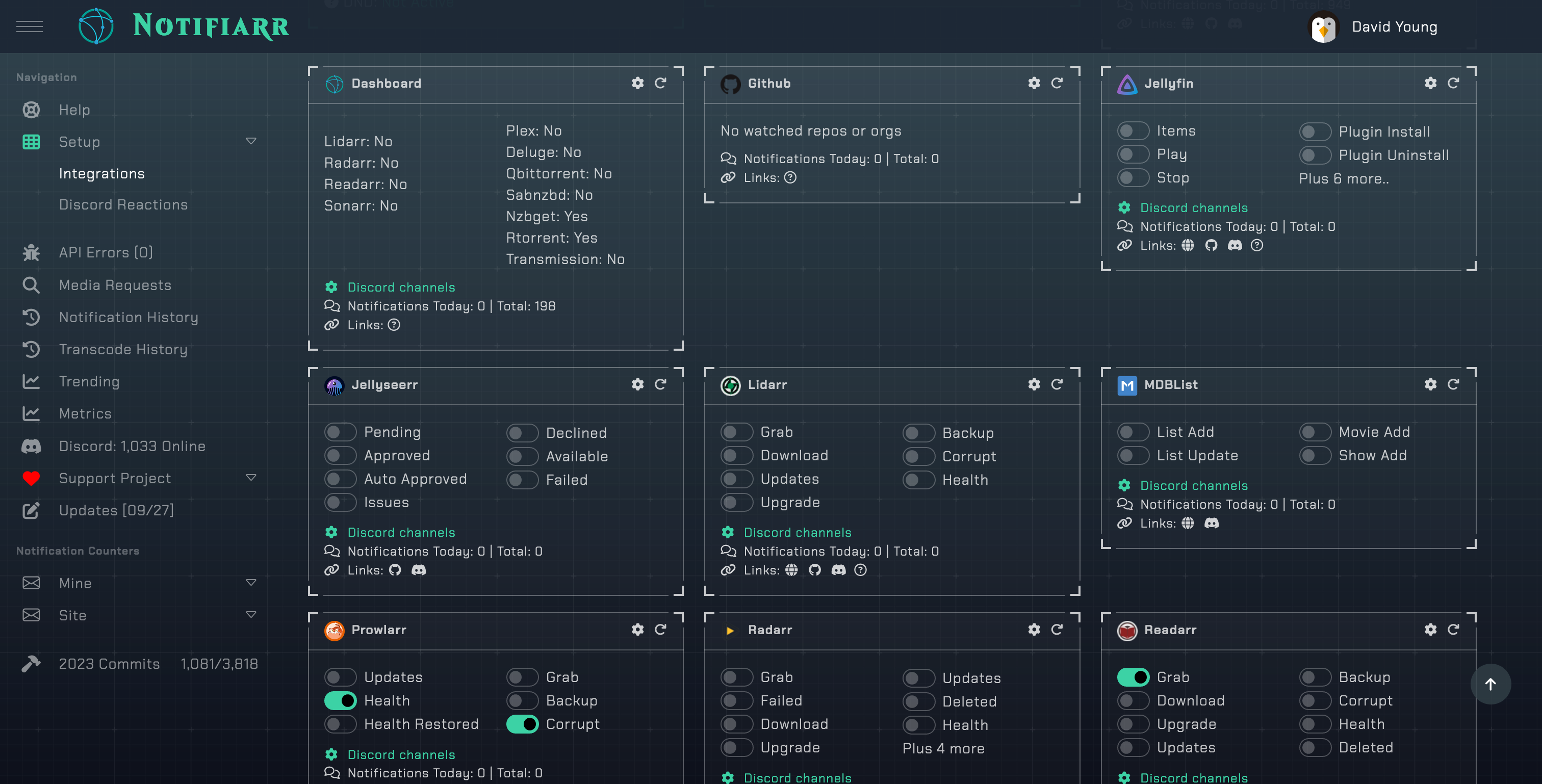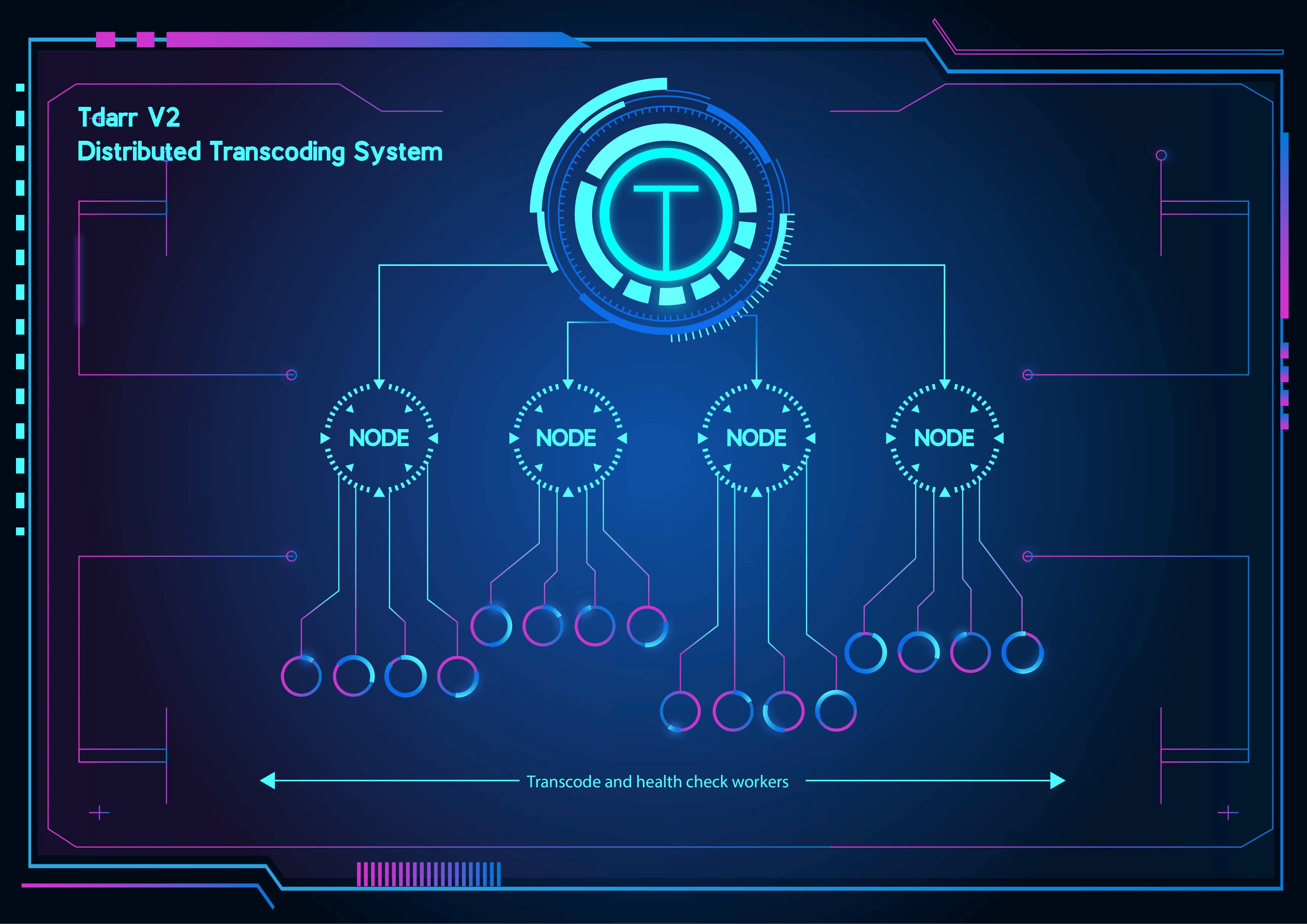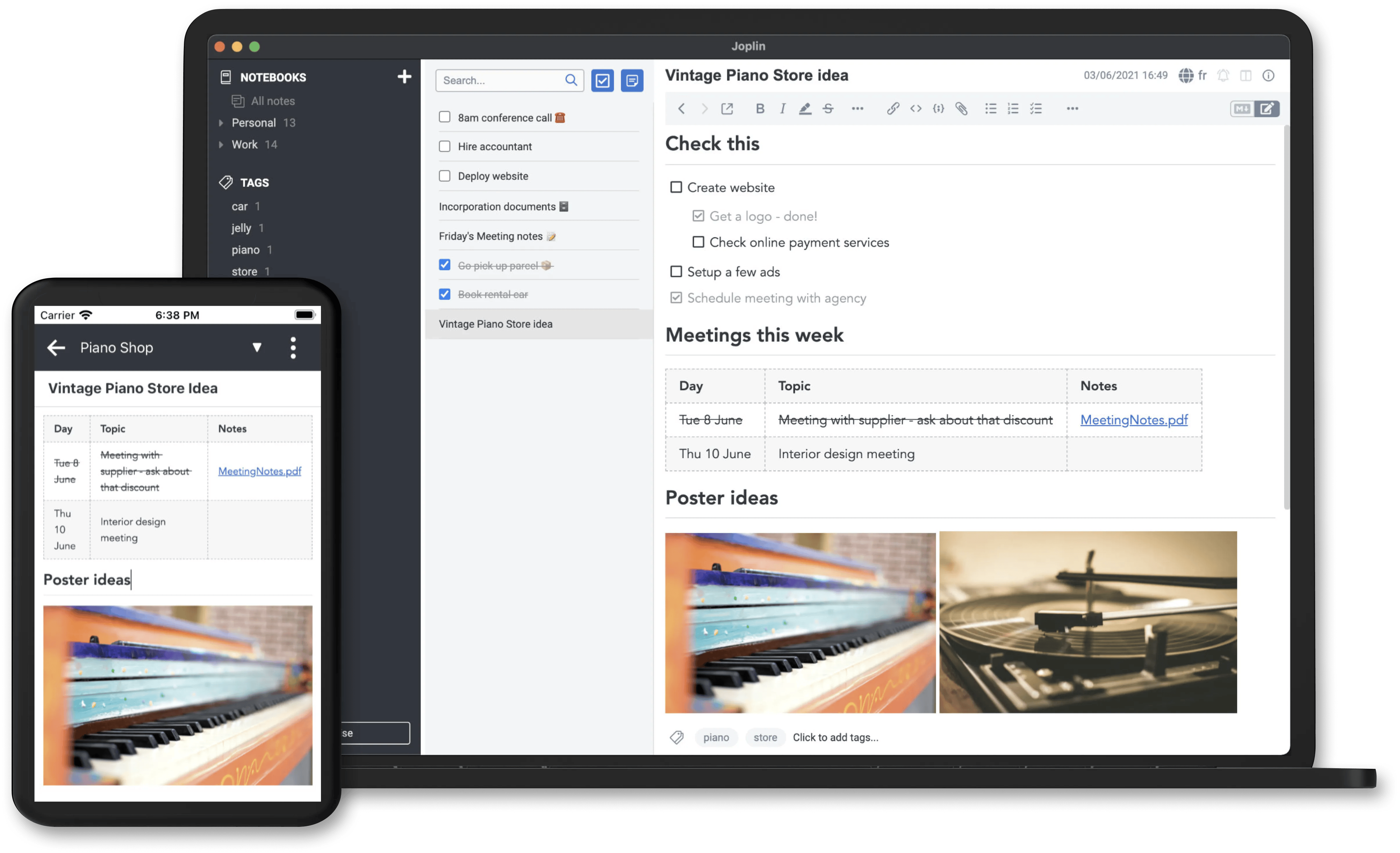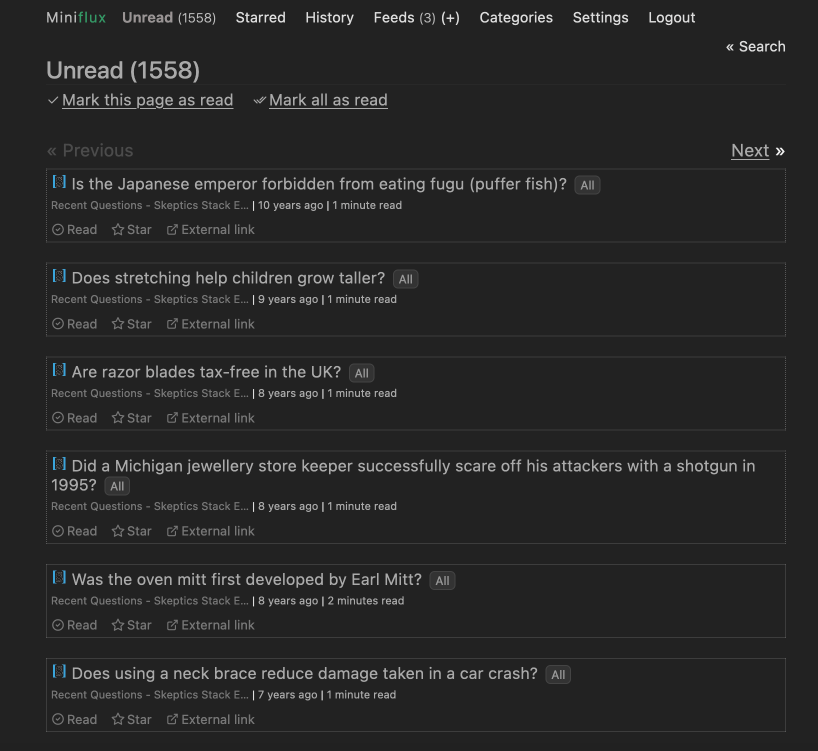Custom domains now available
Until today, all your ElfHosted services could only be served on https://<user>-<app>.elfhosted.com. After some development effort, we now have the pieces in place to allow you to access your apps on your own custom domain name, so instead of https://funkypenguin-uptime-kuma.elfhosted.com, you might prefer something like https://status.funkypenguin.co.nz (see how it works?)
The elfhosted.com URL will continue to work, and your dashboard will remain pointing to the ElfHosted link (in case the DNS record goes away again).
How do custom domains work? 🙋♂️
How does this work? Like GitHub Pages, if you create a DNS CNAME record on your domain (mattermost.spankypants.com) and point it to your ElfHosted URL (spankypants-mattermost.elfhosted.com), we can request a LetsEncrypt certificate for that domain, validate it, and serve your app on that URL using our Traefik ingress controller.
Which apps can get custom domains?
Custom domains don't make sense for all apps, and I've not tested the impact on SSO (since auth cookies are domain-based), but as I add the option to apps, you'll find custom domains available at https://store.elfhosted.com/product-category/custom-domains/, and instructions added to the docs for the various apps.
For example, here are the instructions for using a custom domain with Uptime Kuma!




